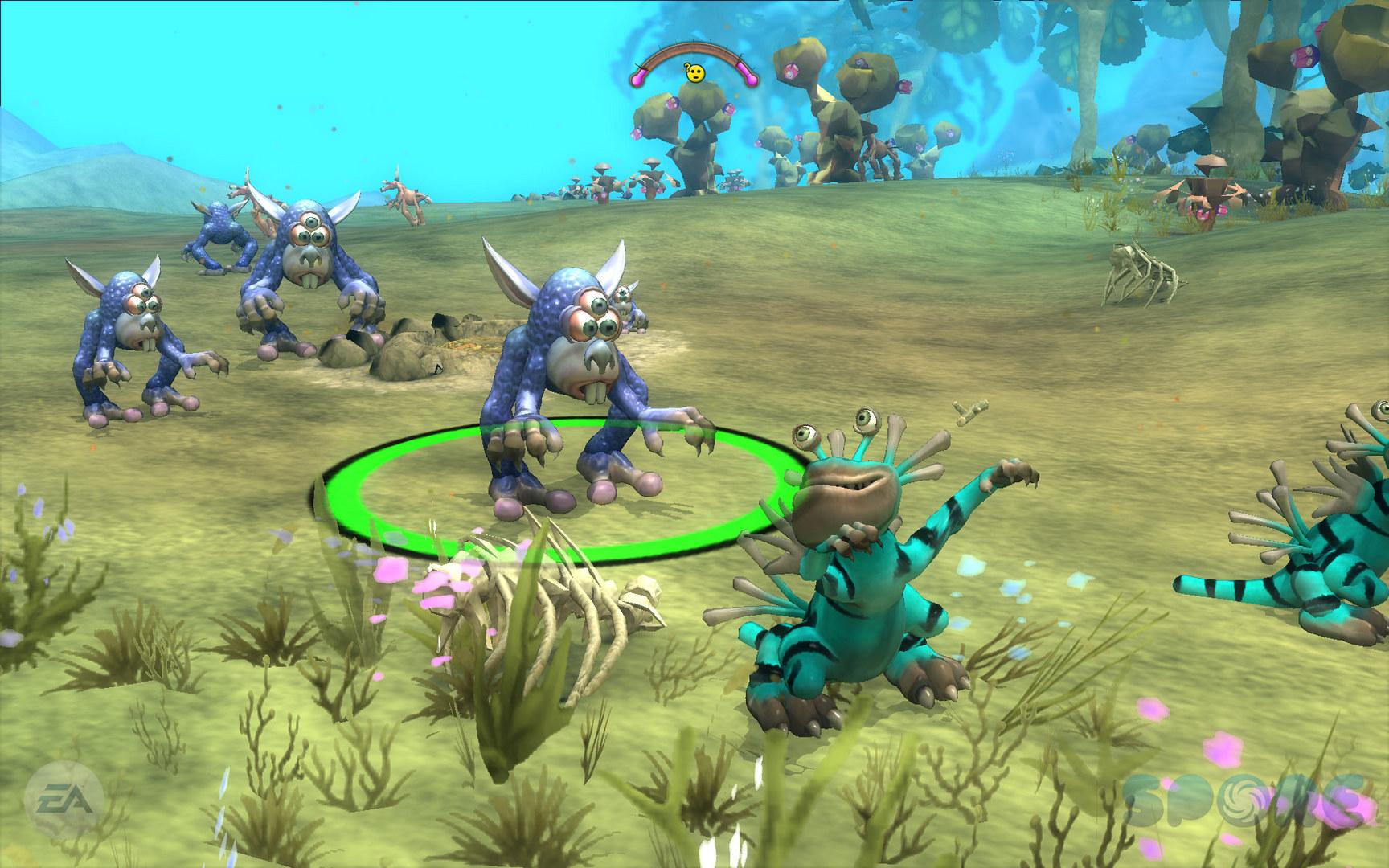

We've found our niche, so we're able to pay our people fairly, but a lot of projects don't pay."Įclo is testing out other options in its production, for instance seeing if substrate using discarded ground cacao beans. "You need to cope with market prices otherwise you simply don't sell. Trying to compete against industrial-scaled rivals also dealt a blow to the morale of some. This is still a form of farming and it's tough-you work in very moist rooms, sometimes you don't see the sun all day," Declerck said. The experience has had its ups and downs.
#New spore game 2020 how to
So it switched direction for its substrate, and trained some 30 people on how to grow mushrooms from brewers' grain and bread. "Shiitake doesn't grow at all in coffee grounds."

The book spoke of growing mushrooms from coffee grounds-a process already being used by another Brussels company.Įclo tried that route initially, but "it was a resounding failure" for the varieties it wanted to grow, Declerck said.Īlso read: Mushrooms on track to become the superfood of 2022 'Tough' workEclo was created in 2014 after its founders read a book about the circular economy, in which discarded items are repurposed and reintroduced into the market rather than thrown away. "Today there is a certain production that has been relocalised (to Belgium). "We realised that many of the mushrooms bought in shops came from the Netherlands, many from eastern (European) countries, and even further afield, from China," he said. That castoff material then goes into Eclo's cold rooms, where the mushrooms grow in the moist air.Įach week, the company sells between eight and 10 tonnes of its mushrooms.īeyond the blooming financial advantage the activity brings, Declerck explained that contributing to a domestically made and ecologically friendly production in Brussels was a motivation. The collaboration allows Eclo to recycle five tonnes of brewers' discarded grain and 18 tonnes of bread annually. His company has for several years been collecting the brewers' grain from Belgian beer-maker Cantillon and leftover bread from Colruyt supermarkets and the Bon Pain chain of bakery-and-sandwich shops. "The beer and the bread don't have any effect on the mushrooms' taste, but we get better yields from them in terms of quantity and quality," explained Quentin Declerck, one of Eclo's founders. 400-year-old Ecuadoran beer resurrected from yeastĪnd the substrate-the substance the spores grow out of-is easy to come by in Belgium: a mix of spent grain left over from the mashing process to make beer, and discarded baguettes and dried bread.


 0 kommentar(er)
0 kommentar(er)
